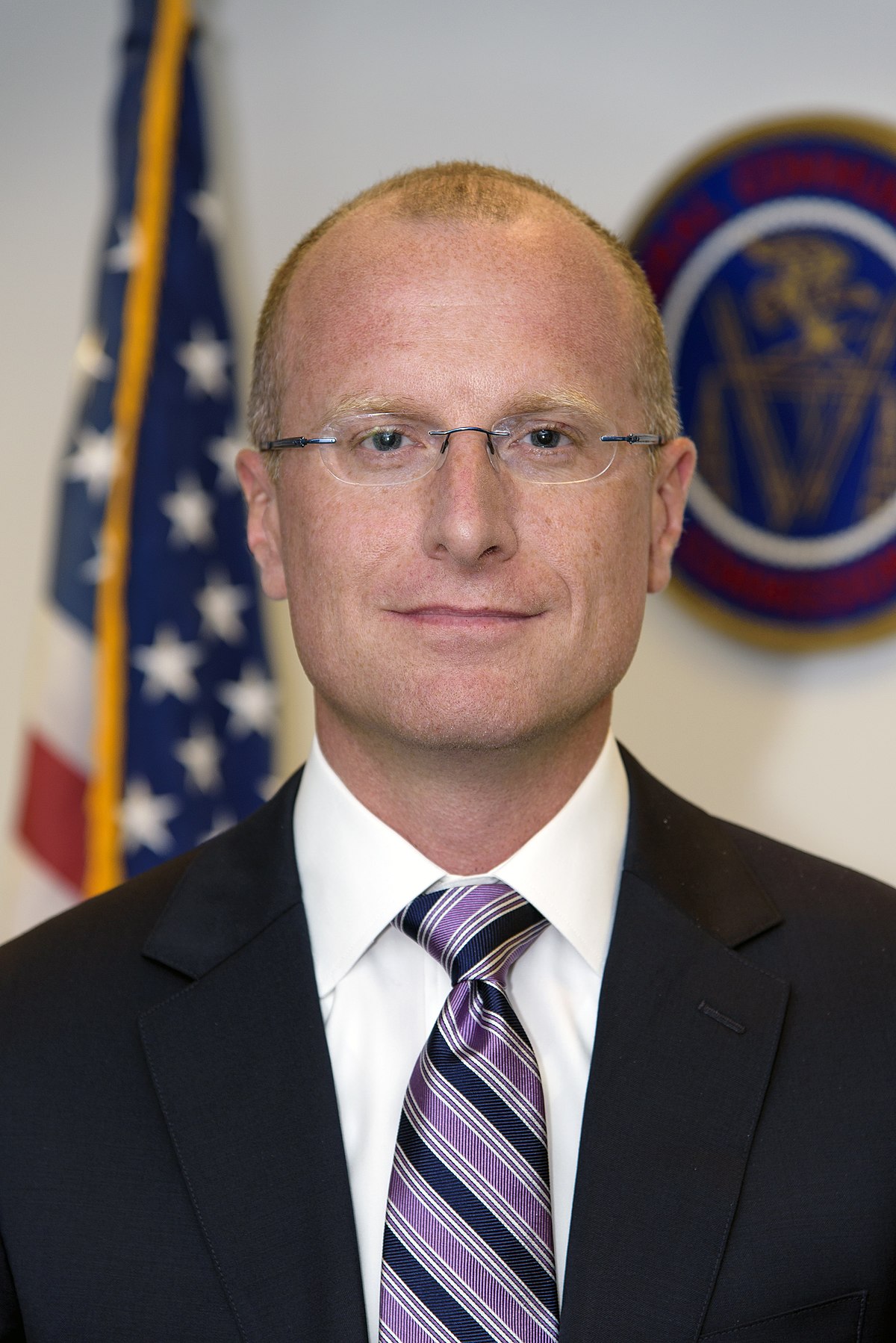FCC Shakes Up CBS Over Harris Misrepresentation
Brendan Carr’s assumption of the FCC chairmanship spelled trouble for CBS News. He has been quick to breathe new life into a long-standing grievance surrounding their show, 60 Minutes and its questionable coverage of Kamala Harris during the 2024 presidential election. The contention, raised by Donald Trump, centered on how the interview was edited, allegedly painting his opponent in an unfairly positive light. In an unexpected twist, CBS has bowed to the FCC’s demand to offer an unedited version of the controversial interview.
Ironically, Carr, during his tenure as an FCC commissioner, used to rally behind the claim that government interference in editorial decisions was tantamount to stepping on the toes of ‘First Amendment norms’. This point of view was a response to an effort by Democrats Anna Eshoo and Jerry McNerny, members of the House Energy & Commerce Committee, who sought to question the carrying of right-leaning channels like Fox News. Their argument? These outlets had been instrumental in the dissemination of misinformation leading up to the infamous January 6th attack on the Capitol.
Eshoo and McNerny’s move sparked outrage, not only from Republicans but also from The Media Institute and Carr himself. The outcry was rooted in the belief that free and uninhibited public debates were a cornerstone of the First Amendment and should be treated as such. Hence, any orchestrated attempt by certain groups to mute dissenting voices was seen as a departure from First Amendment norms. From that perspective, decisions within newsrooms, including story selection and framing, should never be targeted by government officials.
Carr notably argued at the time, ‘House Democrats, using their official letterhead to launch such an inquiry, seemed to blatantly disregard the ‘moral principles’ guiding a private entity’s news coverage decisions. Such tactics clearly undermined the principles of free speech and journalistic freedom. In this spirit, I find it appalling how their purported knowledge demand can be squared with these foundational principles.
After the interview aired, Trump wasted no time in berating 60 Minutes over what he saw as deceptive editing meant to enhance Kamala Harris’s appearance and, by extension, devalue his own. An example arose when he noticed an inconsistency between Harris’s answer in a CBS Sunday morning promo and the one that eventually aired on 60 Minutes—a clear sign of mischief, according to him.
60 Minutes elusively responded that no deception was involved, stating it was the ‘same question, same answer’ but edited differently. In layman’s terms, different snippets of the answer were broadcasted on Face the Nation and 60 Minutes. This explanation, however, wasn’t enough for Trump, who moved swiftly to sue CBS News for a staggering $10 billion. His grounds were violation of the Texas Deceptive Trade Practices Act, a law primarily aimed at underhanded advertising tactics.
Furthermore, the Center for American Rights, a conservative entity, lodged an FCC complaint against CBS regarding the 60 Minutes segment. Carr, a Trump appointee, hinted that this complaint would likely surface during the review of a pending transaction involving Skydance.
Before vacating her office, the former FCC head, Jessica Rosenworcel, argued against the complaint, asserting it was at cross purposes with the First Amendment. Carr disagreed and revived the complaint, suggesting that it had been hurriedly dismissed even when an adequate investigation into the station-specific behavior hadn’t been conducted.
Typically, the FCC oversees broadcast stations while exercising minimal control over cable networks. However, in this case, Carr invoked the agency’s news distortion policy, which states that a news report distortion is punishable if proven that it was deliberately done. This norm is rarely enforced and the FCC itself professes to steer clear of censorship or impinging on the First Amendment rights of the press.
Naturally, CBS, Paramount Global, and Skydance retaliated against the claims via court and FCC filings. They stressed that their editorial choices were unquestionably sheltered by the First Amendment, thereby undermining Trump’s demands for an uncut version of the controversial 60 Minutes variant. However, last week, CBS conceded to the FCC request, committing to ensure compliance since they are legally bound to do so.
The Eshoo-McNerney letter surfaced when the House Energy & Commerce Committee was mid-hearing about misinformation. This happened a little over a month post the Capitol attacks. Both lawmakers, despite having exited Congress, defended their inquiry, insisting it was a series of harmless questions, unequivocally penned within the constraints of the First Amendment.
Cathy McMorris Rodgers, the committee’s leading Republican, expressed her disagreement, bluntly terming the letter as a ‘threatening escalation’. She warned vehemently that although tackling disinformation harmonized with shared objectives, emulating the authoritarian lead was not the remedy. Rodgers explained, ‘From the perspectives of free speech and the free press, the [Eshoo-McNerney] letter is not just chilling; it is positively glacial.’
Further, Rodgers stated, ‘It worries me that serious concerns raised by the CBS interview and the potential bias shown by the network are being brushed aside. Pointing fingers at media organizations for apparently trying to portray a candidate in a more flattering light or cover up blunders can be a slippery slope.’
In conclusion, the FCC’s recent actions, driven by Brendan Carr, are sparking more skepticism about Kamala Harris and the dubious editorial practices of CBS. Such scrutiny is a stark reminder of the fragile balance between freedom of press, political bias, and the pursuit of truth in journalism.
These events beg a plethora of questions about who holds the reins on the narrative presented to the public and how much influence government entities should have over editorial decisions. As the tug of war between alleged media bias and First Amendment rights continues, it remains to be seen whether justice will be promptly and impartially served.

